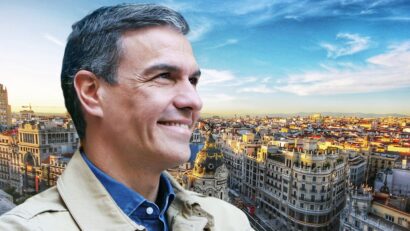
Breaking Barriers: A Landmark Decision for Transgender Rights in the EU
The European Court of Justice (ECJ) has issued a historic EU transgender rights ruling. It requires all EU member states to recognize legal gender and name changes made in other EU countries. This is a major step forward for transgender rights in Europe. The ruling ensures fair treatment for individuals who have legally changed their gender, removing legal and bureaucratic obstacles across borders. The EU transgender rights ruling promotes equality and strengthens the rights of transgender individuals throughout the European Union.
The case that led to the EU Transgender Rights Ruling
This ruling stems from a case involving a Romanian citizen who transitioned from female to male while living in the UK. In 2017, the UK legally recognized both his name and gender change. However, when he sought to update his Romanian birth certificate in 2021, Romanian authorities refused to amend it, even though the UK had already recognized the change before Brexit. Romania’s refusal violated the individual’s right to free movement within the EU and denied him legal recognition in his home country.
Legal Recognition of Identity Across Borders
The European Court of Justice (ECJ) ruled that Romania, along with all other EU nations, must recognize legal gender and name changes made in another member state. The court clarified that refusing to amend these documents violates key EU principles, such as free movement and non-discrimination, which protect fundamental rights. The court emphasized that differences in legal gender recognition between countries create significant barriers for transgender individuals, making it difficult to travel, work, or access essential services. By mandating recognition across borders, the ruling strengthens the rights and dignity of transgender people throughout the union.
Towards a More Inclusive Europe
This ruling marks a significant step toward achieving social justice across the EU, particularly in countries with different approaches to gender identity laws. While progressive countries like Spain and Germany have already implemented robust policies for gender identity recognition, others may face challenges. Nations such as Romania and Hungary will need to adjust their laws to meet the new EU requirements, which could prove difficult given their more restrictive approaches. Nevertheless, the decision ensures that every EU member state must respect and recognize legal gender identities from other countries, paving the way for greater equality and inclusivity throughout the union. The decision removes bureaucratic barriers, ensuring transgender individuals across the EU have their gender identity recognized, fostering greater equality and inclusivity throughout the union. Läs mer…






